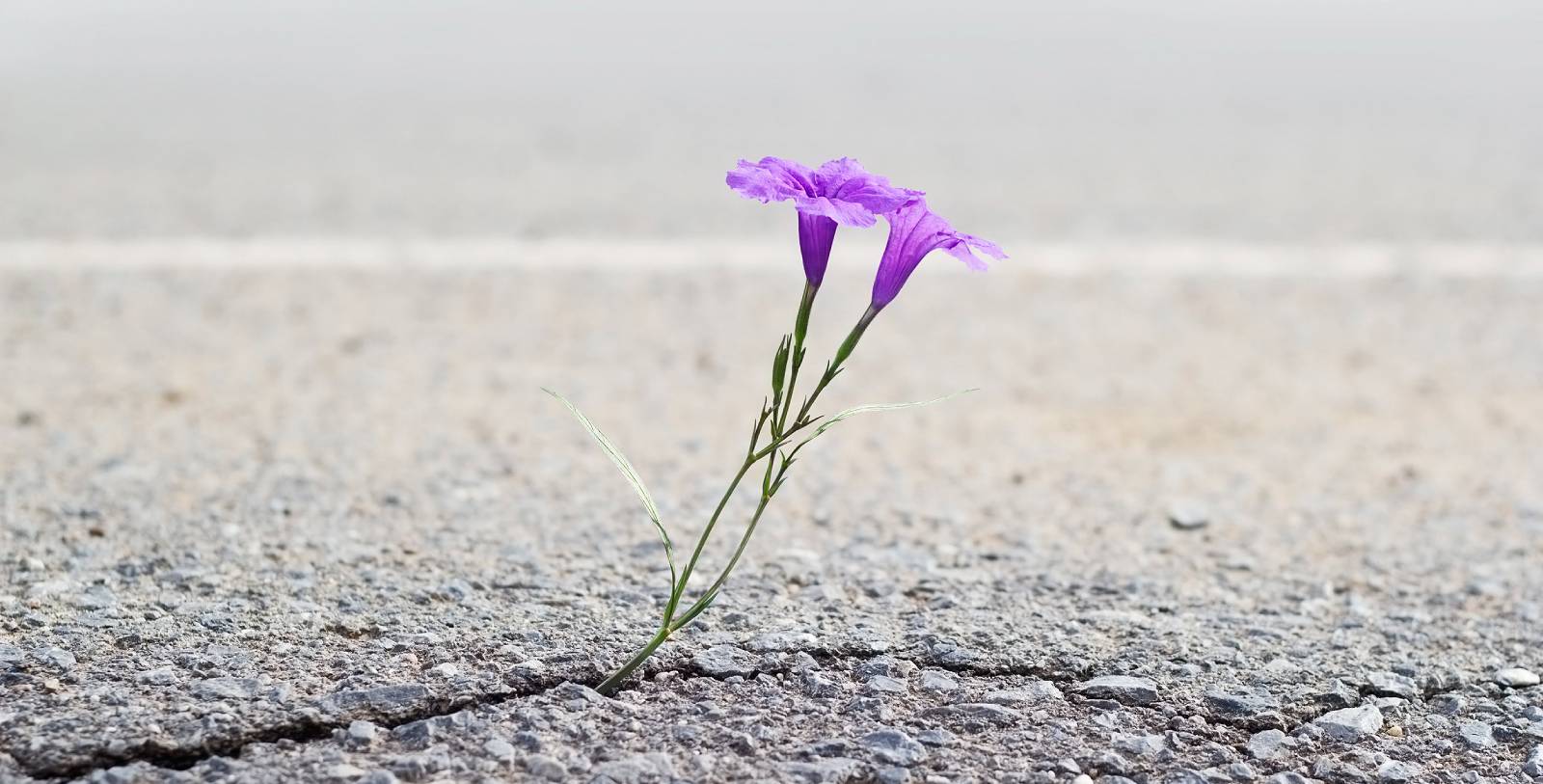
IWCR INSIDERS: SEPTEMBER 2021 EDITION
We love data, and have been tracking COVID-related wellness information as it arrives. Much of it is disturbing, but we can see good news hidden in the data too. Let’s explore two studies together.
The American Psychological Association’s latest Stress in America™ poll, published in March 2021, looking at the roughly one-year period since the World Health Organization declared a pandemic on March 11, 2020.
The poll results are based on a survey taken in February this year, and show results you might expect, with many adults reporting undesired changes to their weight (60%), changes in sleep (67%), increased drinking (23%) and other negative behaviors that may be related to attempts to cope with increased long-term stress.
We noted a longitudinal study suggesting leading indicators of people’s ability to adapt…
The numbers also look worse for parents with children under 18, as they dealt with both the outside world and extra parenting duties at home. Parents on average were 2 to 3 times more likely to have been diagnosed with a mental health issue or to have seen a mental health professional for help during this period. Essential workers fared similarly. And people of color reported experiencing generally larger effects where negative effects were experienced.
So where is the hopeful news we mentioned?
In the ScienceDirect journal Appetite, we noted a longitudinal study suggesting leading indicators of people’s ability to adapt to a new way of living, despite ongoing challenges.
This study explored effects of the COVID-19 pandemic on many factors, including quality of life:
It found that during the first 8 months of the lockdown (between March 30, 2020 and November 21, 2020), among participants aged 18-74, self-reported levels for depression and cognitive function that had initially dropped below population means, had improved. This was despite ongoing stressors such as increased food insecurity, reduced exercise opportunities, ongoing anxiety and isolation.
Self-reported levels among participants for depression and cognitive function had improved.
This could suggest that although other quality of life measures remained significantly worse than before the pandemic, study participants were finding ways to cope.
To quote the authors, although people in the U.S. are certainly still struggling “These findings also demonstrate the resiliency of Americans to adapt to unprecedented circumstances.”
Both of these studies were gathered online, so they do come with inherent limitations of online polling, which the researchers carefully noted. The November 2020 survey results also correspond with a lifting of some initial lockdown measures, and predate the spread of the Delta variant that has imposed some additional hardships. Nonetheless, we find it encouraging to see signs that we can adapt, and that hope will find a way.
What are you doing to support your own resilience and healthy mindset? What ways have you found to cope with ongoing challenges? Please join us in your IWCR Insiders Facebook Group to discuss this and many other topics related to weight and health.
APA Stress In America™ poll: https://www.apa.org/news/press/releases/2021/03/one-year-pandemic-stress
Appetite: Persistent effects of the COVID-19 pandemic on diet, exercise, risk for food insecurity, and quality of life: A longitudinal study among U.S. adults: https://www.sciencedirect.com/science/article/pii/S0195666321005468#bib30
Mechanical Turk study reliability: https://link.springer.com/article/10.1007%2Fs11606-017-4246-0
Do you have more to share? We want to invite you to engage more deeply with your fellow Citizen Scientists. In future issues, we will be profiling interesting people from the sciences and hopefully, from this study! We want to feature your stories, profile your opinions, experiences, and ideas. Whether you have a great success to celebrate, or struggles we can all learn from, we want to know you better.
Your story could be part of our next blog or newsletter! Do you have thoughts about what it was like to participate in the IWCR Questionnaires? Has something inspired you lately? What else do you want us to know?
Feel free to comment on this post, or write to study@internationalweightcontrolregistry.org. Your Citizen Science experiences may be featured right here — and ONLY with your permission.
Join our IWCR Insiders Facebook group to stay part of the conversation, meet your fellow Citizen Scientists of the IWCR, post and see amazing pictures of your favorite foods, participate in interesting polls, and help grow this vital global community. If you’ve completed the Registry, you can join here: https://www.facebook.com/groups/iwcrinsiders/
We look forward to staying in touch with you on this important lifelong journey.